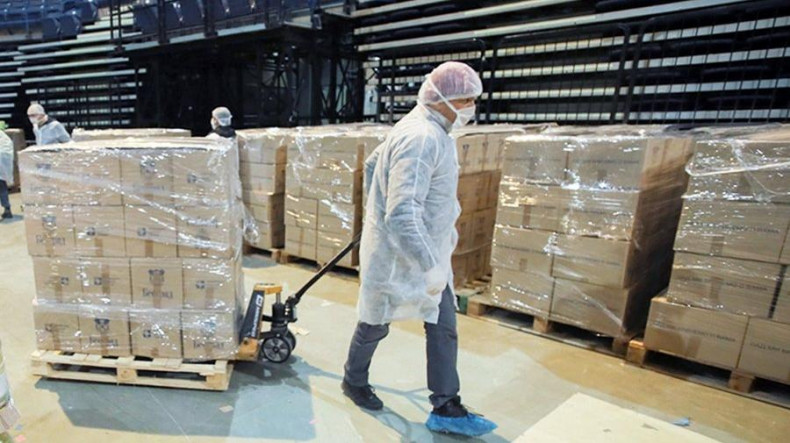
UN says $35 billion will be needed for global aid in 2021
The UN said Tuesday that $35 billion would be needed for aid in 2021, as the pandemic leaves tens of millions more people in crisis, and with the risk of multiple famines looming, according to AFP.
The world body's annual Global Humanitarian Overview estimated that 235 million people worldwide will need some form of emergency assistance next year -- a staggering 40-percent increase in the past year.
"The increase arises almost entirely because of Covid-19," United Nations emergency relief coordinator Mark Lowcock told reporters.
Next year, one in 33 people worldwide will be in need of aid, the report found, stressing that if all of them lived in one country, it would be the world's fifth largest nation.
The annual appeal by UN agencies and other humanitarian organisations usually presents a depressing picture of soaring needs brought on by conflicts, displacement, natural disasters and climate change.
But now, it warned, the coronavirus pandemic, which has killed more than 1.45 million people worldwide, has disproportionately hit those "already living on a knife's edge."
"The picture we are presenting is the bleakest and darkest perspective on humanitarian need in the period ahead that we have ever set out," Lowcock said.
The money requested in the appeal would be enough to help 160 million of the most vulnerable people across 56 countries, the UN said.
For the first time since the 1990s, extreme poverty is set to rise, life expectancy will fall and the annual death toll from HIV, tuberculosis and malaria could potentially double.
"Possibly the most alarming thing... is the threat of the return of famines, potentially in multiple locations," Lowcock said.
With only one true famine so far in the 21st century -- in Somalia nearly a decade ago -- mass starvation had appeared to have been "assigned to the dustbin of history," he said.
But now, he warned, "the red lights are flashing and the alarm bells are ringing."
By the end of 2020, the number of acutely food-insecure people worldwide could swell to as much as 270 million -- an 82-percent increase over the pre-Covid-19 number.
Newsfeed
Videos






























